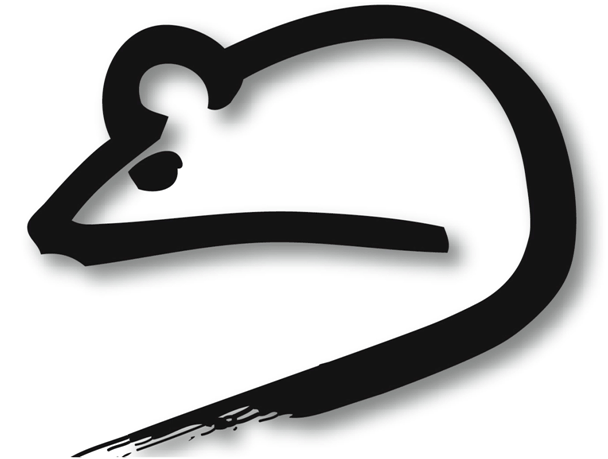Occlusal reduction of unilateral molars influences change of stress-related hormones in rats
DOI:
https://doi.org/10.23675/sjlas.v31i2.62Abstract
In order to investigate the change of stress-related hormones by dental occlusal reduction, we ground molars in Sprague-Dawley (SD) rats and evaluated the effect on hormone levels. Thirteen and 18 weeks after occlusal reduction, cortisol concentration was increased 2.75 and 2.17 fold respectively, whereas corticosterone concentration was slightly elevated by 31.2% and 13.5%, respectively. Body weight was slightly decreased, but feed and water intake, and blood chemistry were the same in the experimental group as in the control group. Our results suggest that unilateral molar occlusal reduction may influence cortisol and corticosterone levels and the endocrine system, leading to hormone imbalance through the body.
Downloads
Download data is not yet available.
Downloads
Published
01.12.2004
How to Cite
Hwang, Y. K., Chun, J. S., Yoo, P. D., Ma, J. Y., Hyun, B. H., Kim, S. U., Chang, K. T., & Lee, S. H. (2004). Occlusal reduction of unilateral molars influences change of stress-related hormones in rats. Scandinavian Journal of Laboratory Animal Science, 31(2), 73–77. https://doi.org/10.23675/sjlas.v31i2.62
Issue
Section
Articles







